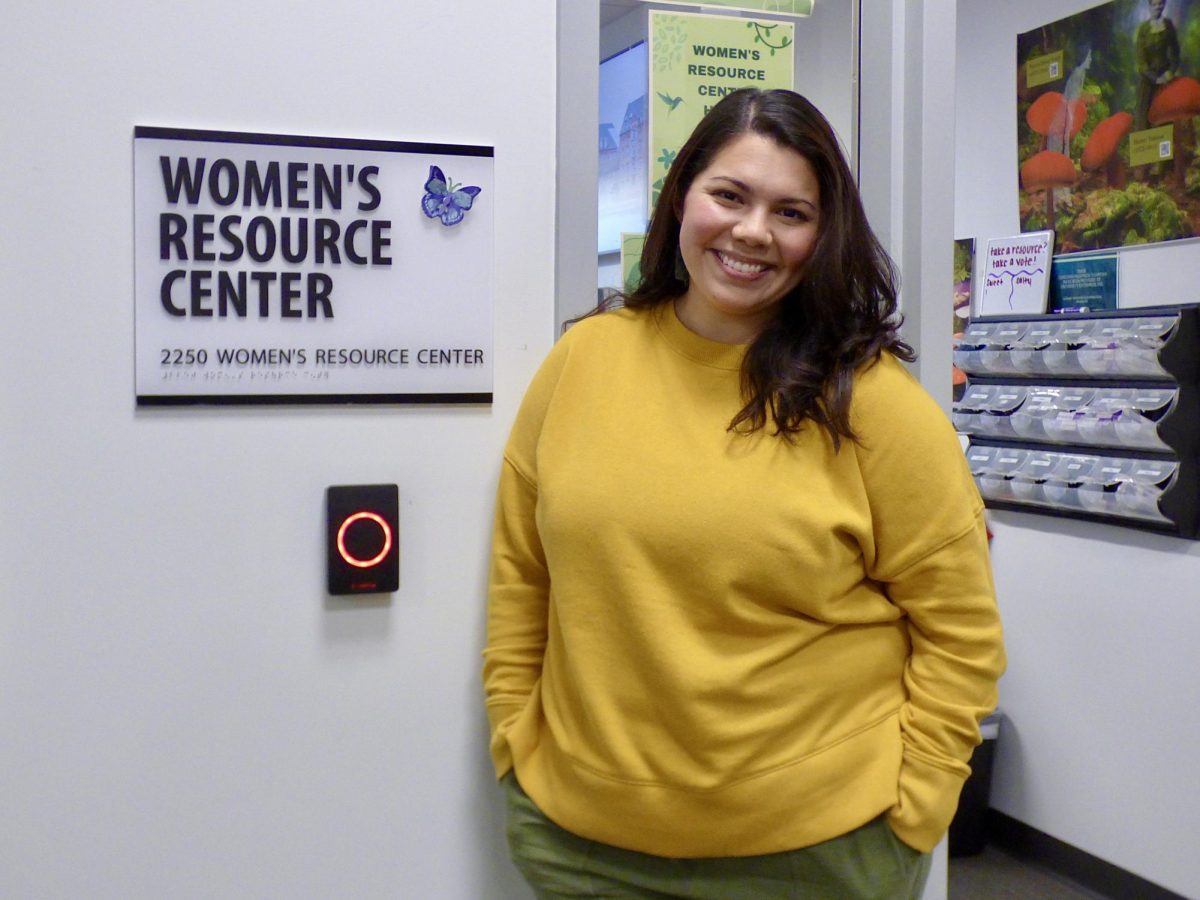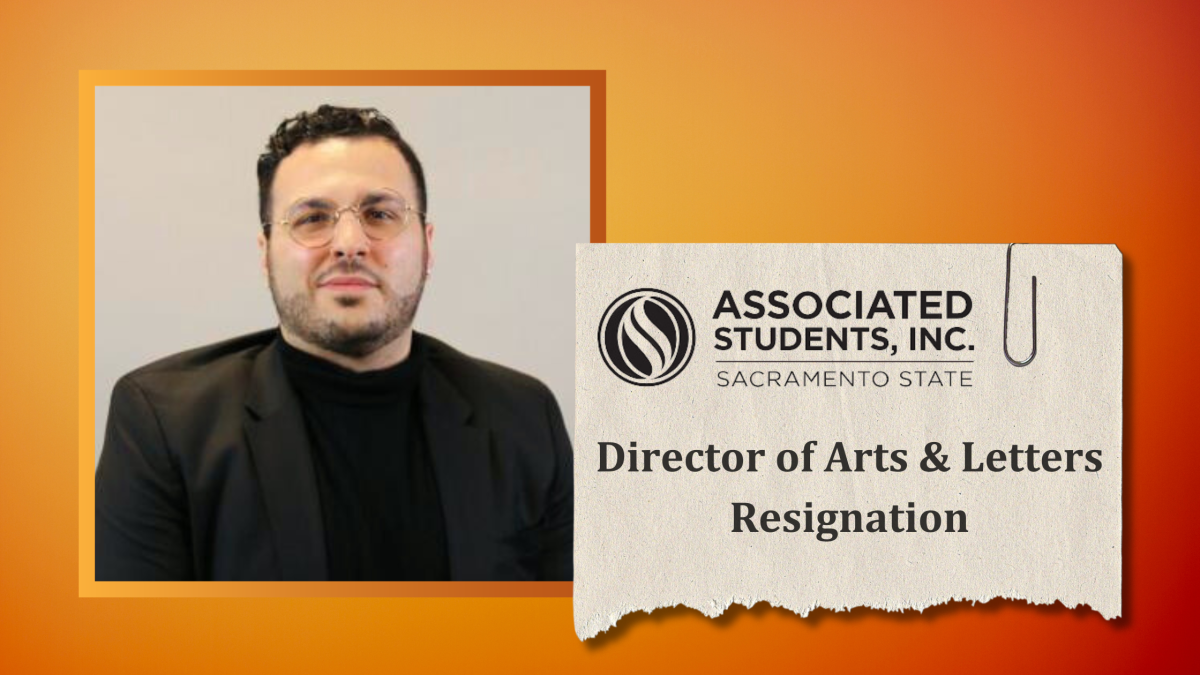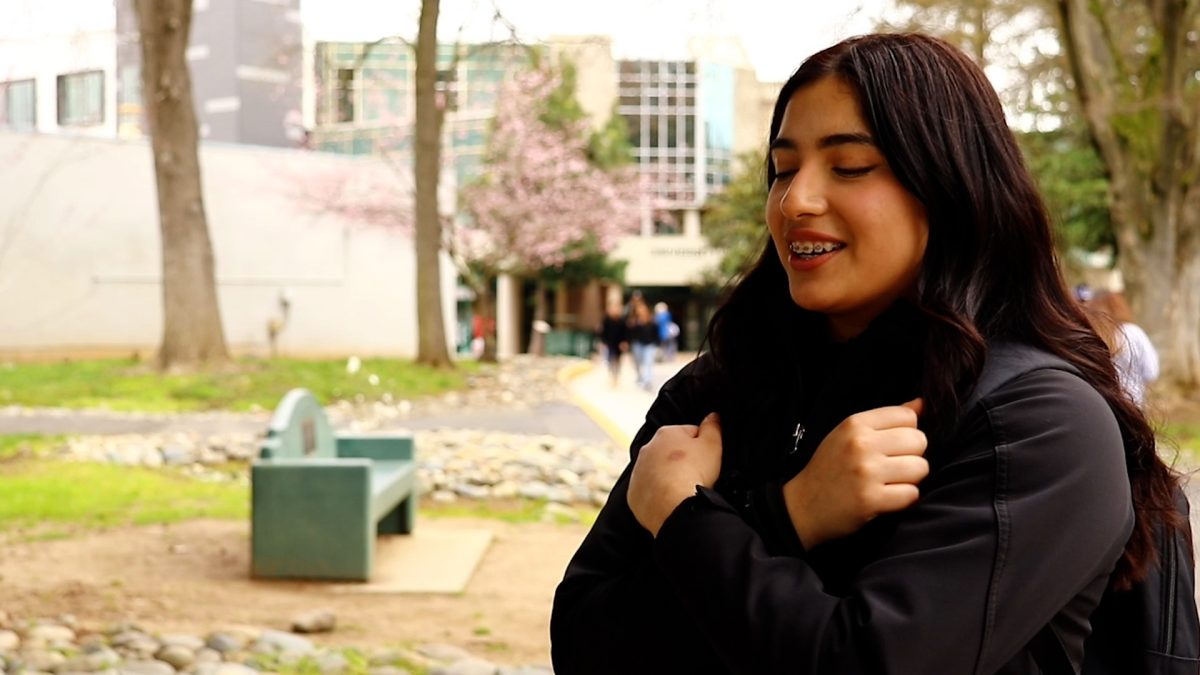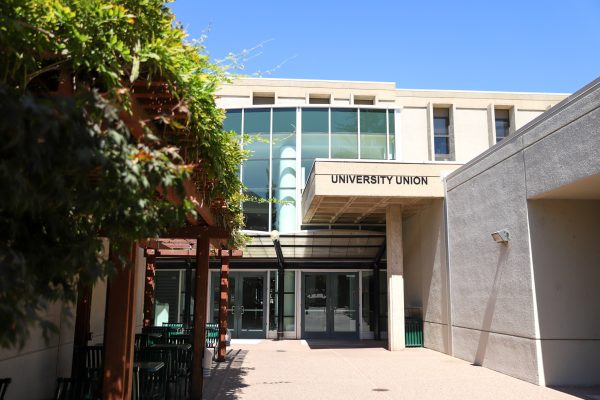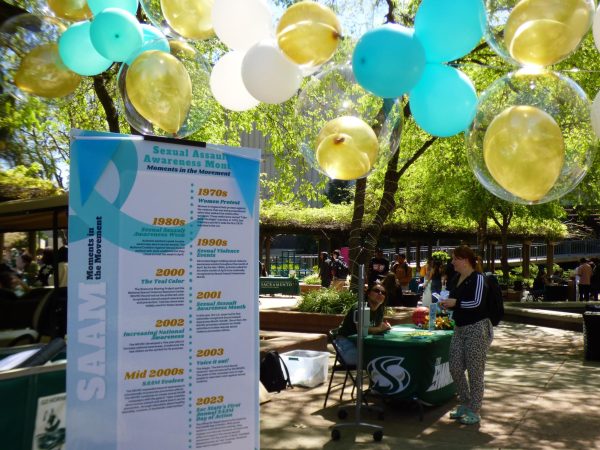Sacramento State professor integrates smartphones into curriculum
March 5, 2014
Sacramento State’s senior Allison Coltisor never thought she would be allowed to use phones in the classroom, but her learning outlook was drastically altered in a speech pathology class taught by Professor Celeste Roseberry-McKibbin.
“A lot of what she teaches in her class are things that she saw first hand in her life,” Coltisor said. “When she teaches us about how to work with children, she has a personal perspective of it, not only as a clinician, but in retrospect her childhood. I think she can teach students to be far more responsive to each child’s’ needs.”
Roseberry-McKibbin promotes interactive learning in the classroom by incorporating technology. She updated her textbook during a sabbatical last semester to a fourth edition titled “Multicultural Children with Special Language Needs: Practical Strategies for Assessment and Intervention.”
“This book is an amazing resource for students,” said Dean of the College of Health and Human Services Fred Baldini. “It is user friendly, it is multi-media and it is very accessible to her students in a number of ways.”
Part of her inspiration to include multimedia technology within the textbook using Quick Response codes came from Roseberry’s 16-year-old son, whom actively uses his iPad and phone for schoolwork.
“It is important for professors to cater to many different learning styles,” Roseberry said. “It is critical to incorporate media for today’s students.”
She said she upgraded her technology skills during her sabbatical and learned how to create QR bocodes, which can be found in every chapter of her textbook. The QR codes can be scanned to produce a link to Roseberry-McKibbin’s YouTube channel where students can find videos demonstrating assessment and treatment techniques described in the chapters.
“As a professor, I really felt like it was hard for the students to comprehend how to do assessment and treatment,” Roseberry-McKibbin said. “I can talk about it and they can read about it, but if they see a demonstration, they can learn it better.”
Roseberry-McKibbin works part-time as a speech and language pathologist with children ages three to 18 and her book includes case studies from those experiences.
“It is really helpful to be out there in the real world practicing what I am trying to teach my students to do,” Roseberry-McKibbin said. “A big part of my teaching is to tie course information to real stories about real kids.”
To keep students engaged, Roseberry-McKibbin uses a variety of teaching techniques where students problem-solve to figure out speech therapy recommendations, including Microsoft Powerpoint, hands-on learning activities in small groups, large group discussion and case studies.
“She is very passionate about her work; it is obvious in how she teaches,” junior Angelica Manzo said. “You can tell that she loves what she does.”
Coltisor said she is inspired by Roseberry-McKibbin because she can come up with multiple therapy suggestions on the spot and promotes customizable techniques for treating patients and clients.
“Every patient and client is unique,” Coltisor said. “Just because something is in a book, doesn’t mean it is going to work for them. You always need to go outside the box.”
Coltisor is part of the Applied Communications Sciences Laboratory involved with research projects in the community and has participated in recent research involving multicultural children who are being misdiagnosed with a speech problem instead of a language difference.
“She encourages people to not only learn other languages, but to be culturally and linguistically sensitive, and (she is) responsive to every single student she sees and serves, even if they do not speak another language,” Coltisor said.
Roseberry-McKibbin grew up in the Philippines from the ages 6 to 17 where she was exposed to different languages and lifestyles.
“It gave me a lot of empathy for being a minority who doesn’t speak the language,” Roseberry-McKibbin said. “I don’t want anyone to ever feel bullied, picked on or less than because they are a minority and they don’t speak the language fluently.”
Aside from using various forms of engaging students and including multimedia technology as a resource for student learning, Roseberry-McKibbin also promotes involvement in the community.
Love-Talk-Read is an ongoing book drive in the Sacramento area for children in low-income households. In January, it collected more than 59,000 books. Roseberry said the project is great for student involvement and has expanded to include Samoa, the Philippines and Ecuador. Donations are welcome in Shasta Hall 172.
Both students said they agreed the textbook would be a continual resource because of the relevant case studies and YouTube videos.
“This is the purpose of a sabbatical,” Baldini said. “You want someone to go out to have an opportunity to have some focused scholarship time, and to come up with something that is powerful and has an impact in the classroom and out of the classroom.”






